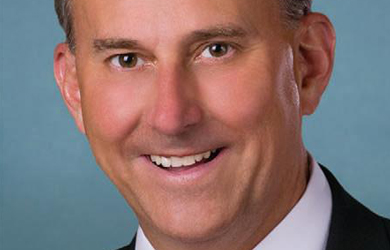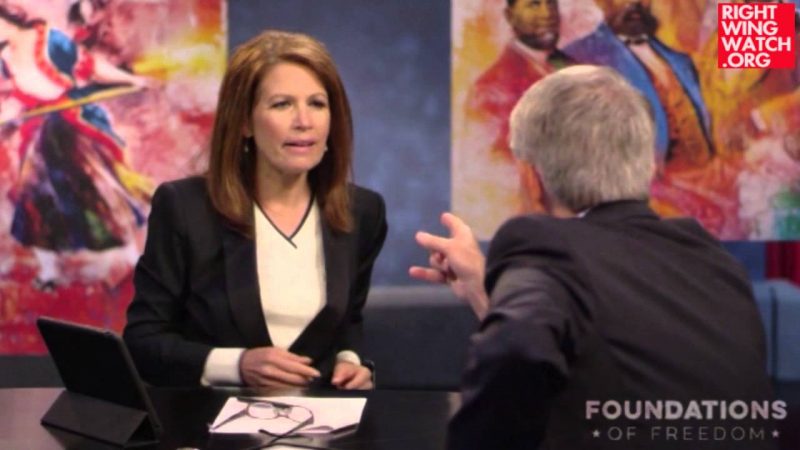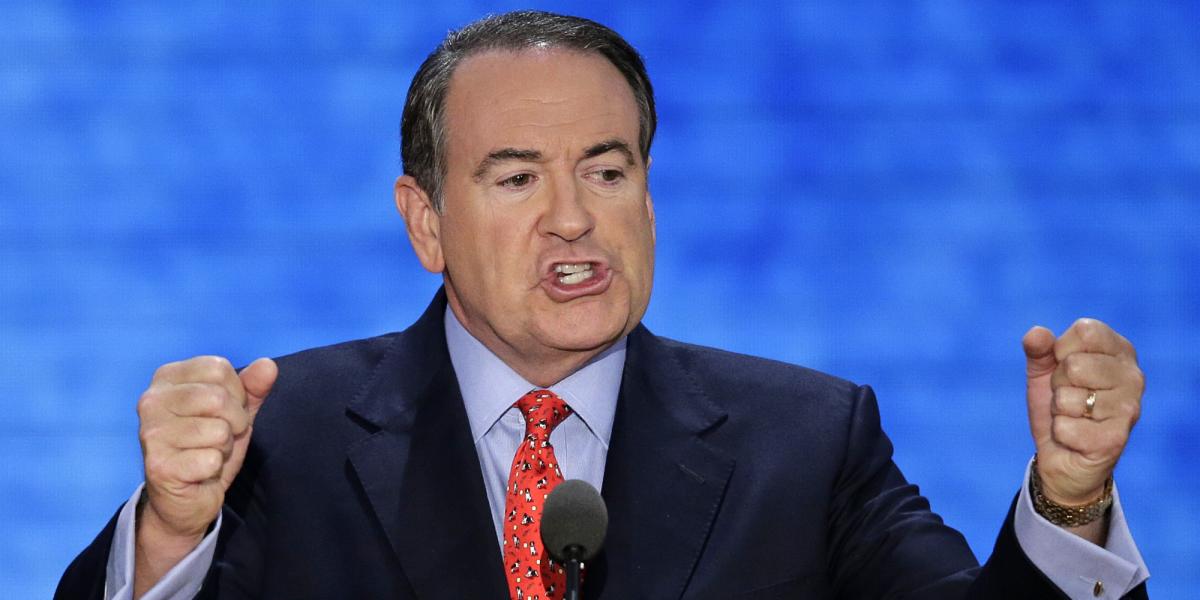One point I have tried to make in my various posts about the Religious Right’s opposition to expanding hate crimes protection to cover “sexual orientation” is the fundamental disconnect between their claims and the basic facts.
As I’ve said before the Religious Right has two basic options in explaining it opposition to adding sexual orientation: 1) explain why something like religion receives and deserves protection while sexual orientation does not, even though there are nearly 2.5 times as many violent hate crimes targeting individuals because of their sexual orientation as there are violent crimes targeting individuals because of religion or 2) advocate doing away with hate crimes laws completely while explaining why the existing enhanced penalties for a racist who burns a cross on someone’s lawn or a neo-Nazi who burns down a synagogue are “extraneous and obsolete.”
But instead of doing either of these things, Religious Right groups tend to try and muddy the waters by conflating all of the issues. Case in point is the written testimony [PDF] the Family Research Council’s Tony Perkins submitted to the Senate Judiciary Committee opposing the legislation in which he claims to oppose hate crimes laws in general but then admits that what he really opposes is expanding existing law to cover sexual orientation:
The Family Research Council strongly opposes the enactment of a Federal hate crimes law (H.R. 1913).
Hate crime laws force the court to guess the thoughts and beliefs which lie behind a crime, instead of looking at the crime itself, in order to prosecute and convict someone of a hate crime. Violent crimes are already punishable by law. “Hate crime” laws put the perpetrator’s thoughts and beliefs on trial. Hate crime laws are tantamount to federally prosecuting “thought crimes.” The Family Research Council believes that all crime should be prosecuted to the fullest extent of the law, and that every violent crime has some form of hate behind it. All around the country, crimes are being prosecuted in the state justice systems. American justice is being done. There is simply no need for a federal hate crimes law … A federal hate crime law is unnecessary and violates the First and Fourteenth Amendments to the Constitution.
This claims is immediately followed by Perkins’ assertion that “expanding the Federal hate crime law would not only be unnecessary, it would be ineffective.”
Note the he is not calling for a repeal of the existing Federal hate crime law that currently covers things like race and religion, even though he asserts that such laws are fundamentally unconstitutional, but is instead opposing efforts to “expand” it to cover “sexual orientation.”
And to explain why, Perkins then trots out all of the standard right-wing lies:
Family Research Council has a particular concern regarding such laws, however, when they include “sexual orientation” and “gender identity” (a reference to cross-dressing and sex-change operations) among the categories of protection. This sends the false message that deviant sexual behaviors are somehow equivalent to other categories of protection such as race or sex. In fact, the very term “hate crime” is offensive in this context, in that it implies that mere disapproval of sexually extreme behavior constitutes a form of “hate”equivalent to racial bigotry.
Sexual orientation and gender identity are not defined in the bill. As such, it is not clear from this lack of definition what the bill authors intend for sexual orientation and gender identity to mean or how these terms should be construed in law. Since these terms are not defined by the bill itself, it is possible that someone could claim protection for their “sexual orientation” based on participation in one of the 30 paraphilias listed in the current Diagnostic and Statistical Manual of Mental Disorders, which include pedophilia and bestiality.
Note again how Perkins’ main concern is not with existing hate crimes protections but rather that expanding those protection to cover gays would make them “equivalent to other categories of protection.” But what he and his allies are really concerned about is the fear that, if this legislation passes, their anti-gays views will be seen as “equivalent to racial bigotry.”
And that, in essence, is really what the Right’s opposition is all about.








